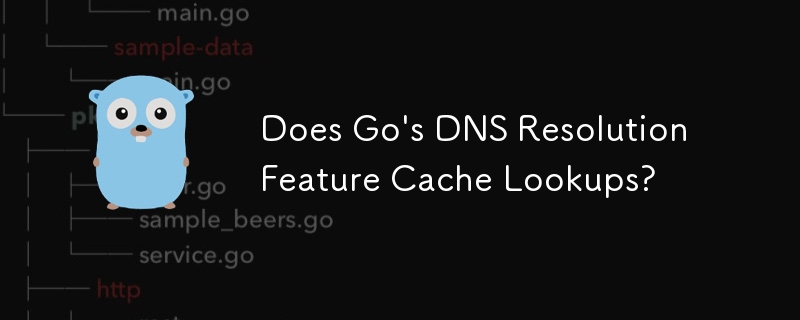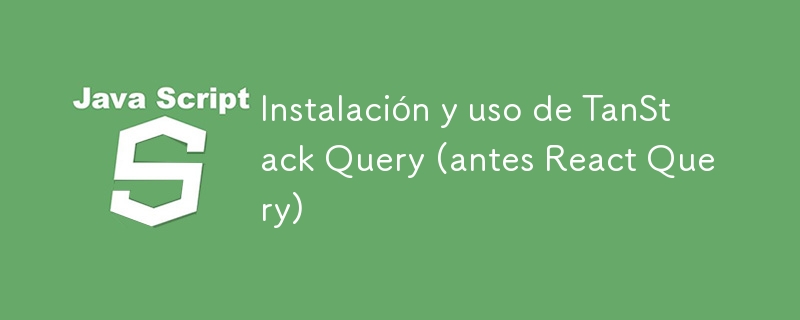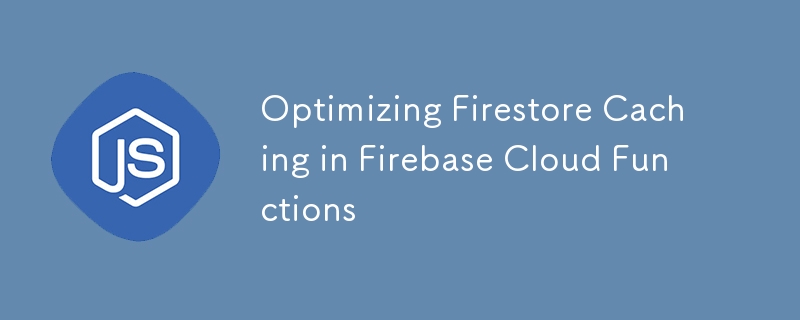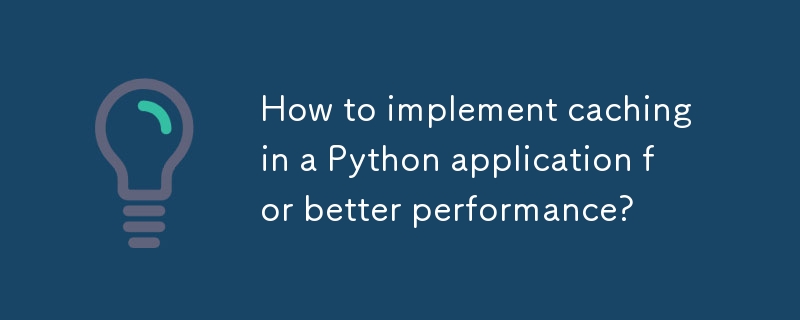<?php
namespace Cake\Cache;
use BadMethodCallException;
use Cake\Core\App;
use Cake\Core\ObjectRegistry;
use RuntimeException;
class CacheRegistry extends ObjectRegistry
{
/**
* Resolve a cache engine classname.
*
* Part of the template method for Cake\Core\ObjectRegistry::load()
*
* @param string $class Partial classname to resolve.
* @return string|false Either the correct classname or false.
*/
protected function _resolveClassName($class)
{
if (is_object($class)) {
return $class;
}
return App::className($class, 'Cache/Engine', 'Engine');
}The cache is the buffer for data exchange (called Cache). When a piece of hardware wants to read data, it will first search for the required data from the cache. If it is found, it will be executed directly. If it cannot be found, it will be executed from the cache. Search in memory. Since cache runs much faster than memory, the purpose of the cache is to help the hardware run faster.
Because the cache often uses RAM (non-permanent storage that is lost when the power is turned off), the files will still be sent to the hard disk and other storage for permanent storage after use. The largest cache in a computer is the memory stick. The fastest ones are the L1 and L2 caches built into the CPU. The video memory of the graphics card is a cache for the graphics card's computing chip. There is also a 16M or 32M cache on the hard disk.
All resources on this site are contributed by netizens or reprinted by major download sites. Please check the integrity of the software yourself! All resources on this site are for learning reference only. Please do not use them for commercial purposes. Otherwise, you will be responsible for all consequences! If there is any infringement, please contact us to delete it. Contact information: admin@php.cn
Related Article
 Memcache vs. Memcached: Which PHP Caching Library Should You Choose?
Memcache vs. Memcached: Which PHP Caching Library Should You Choose?
12 Nov 2024
Memcache vs. Memcached: Choosing the Right PHP Library for Your Cache NeedsIn the realm of PHP caching libraries, Memcache and Memcached stand out...
 Why is http.FileServer Serving Stale Content When Using Virtual Box Shared Folders?
Why is http.FileServer Serving Stale Content When Using Virtual Box Shared Folders?
02 Nov 2024
Caching Woes with http.FileServerThe http.FileServer in the Go standard library has been known to exhibit caching issues, leading to stale content...
 Does Go\'s DNS Resolution Feature Cache Lookups?
Does Go\'s DNS Resolution Feature Cache Lookups?
06 Nov 2024
Does Go's DNS Resolution Feature Cache Lookups?The Go programming language's standard library lacks a built-in mechanism for caching DNS lookups...
 Installing and using TanStack Query (formerly React Query)
Installing and using TanStack Query (formerly React Query)
26 Jan 2025
Introduction to TanStack Query TanStack Query (formerly React Query) is a powerful library for managing the state of queries in React applications. Simplifies the process of getting, caching, syncing and updating
 Optimizing Firestore Caching in Firebase Cloud Functions
Optimizing Firestore Caching in Firebase Cloud Functions
09 Dec 2024
Understanding @libs-jd/cloud-firestore-cache When working with Firebase Cloud Functions, managing Firestore data efficiently can be tricky. The @libs-jd/cloud-firestore-cache library offers a simple solution for caching Firestore data within a sing
 How to implement caching in a Python application for better performance?
How to implement caching in a Python application for better performance?
10 Sep 2025
Using caching can significantly improve Python application performance. First, pure function results can be cached through the functools.lru_cache decorator to reduce duplicate calculations; secondly, use the cachetools library to achieve more flexible memory caching strategies, such as TTLCache supports setting expiration time; for distributed environments, it is recommended to integrate Redis as an external cache system to realize data sharing and persistence across processes or servers; in the web framework, Flask can achieve view-level caching through Flask-Caching extension, and Django supports back-end caching mechanisms such as Redis; to ensure effectiveness, only time-consuming operations should be cached, reasonable expiration time should be set, old data should be invalidated in time, and monitoring should be performed in a timely manner.


Hot Tools

Using file caching class in php
Using file caching class in php

php+redis cache class
php+redis cache class

PHP data cache cache class
PHP data cache cache class

PHP caching class suitable for large websites
PHP caching class suitable for large websites




